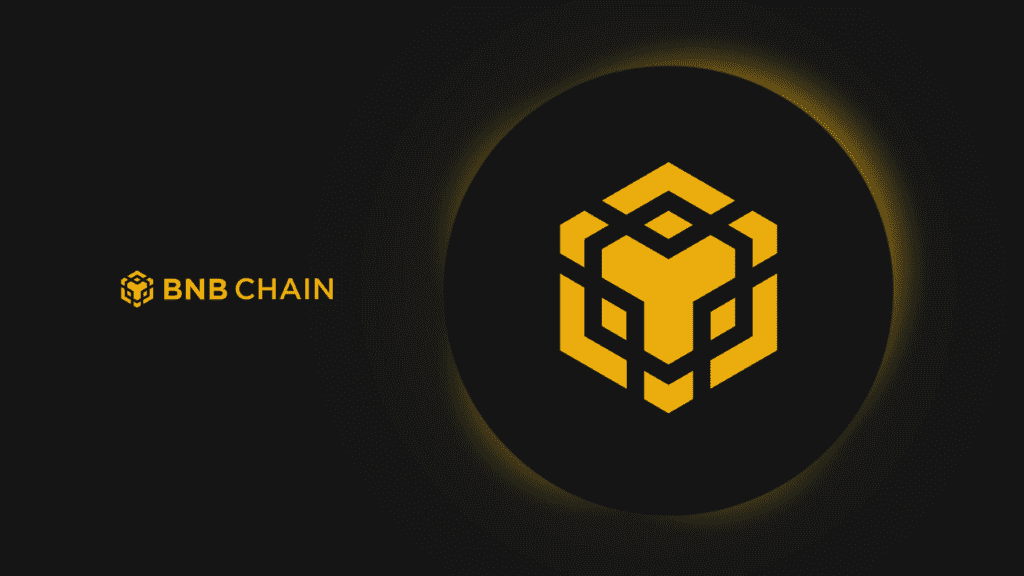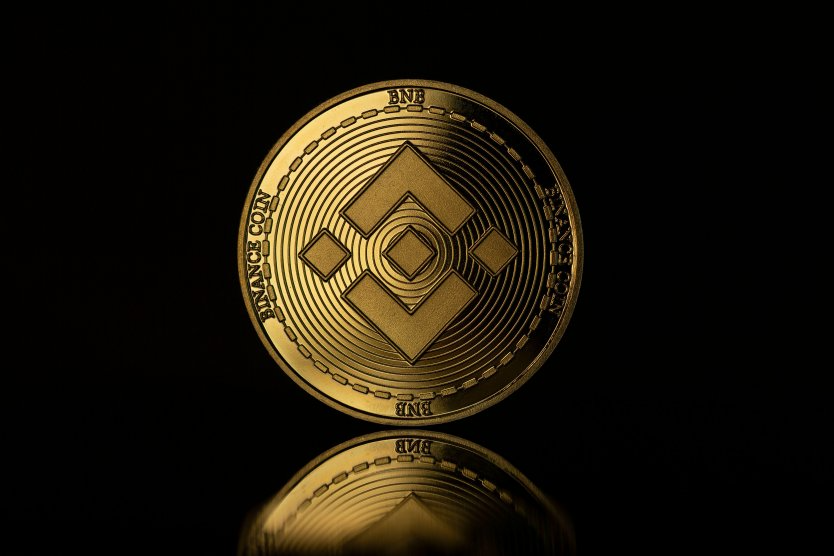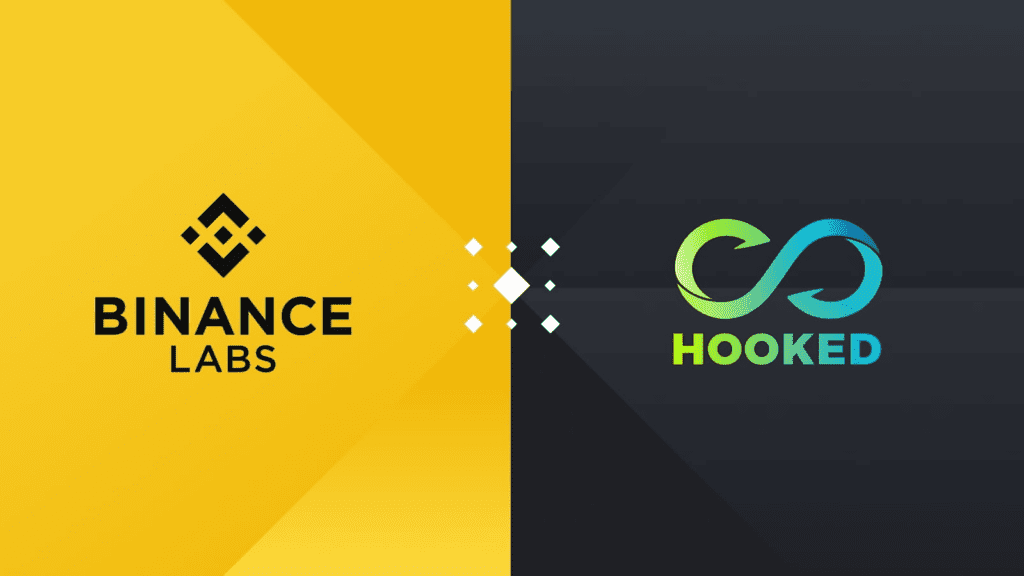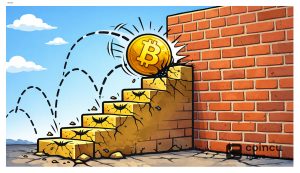BNB Chain Q2 Daily Active Addresses Increased By 25.6% To 1.4 Million: Report
Key Points:
- BNB Chain faces regulatory scrutiny from the SEC during Q2, resulting in a 25.2% decline in its value.
- Despite the regulatory challenges, BNB Chain’s network activity grows, with daily average transactions increasing by 24.4% QoQ.
- The blockchain implements strategic initiatives, such as a token-burning mechanism and new validator reward models, to enhance network utility and invest in the ecosystem.
In the second quarter of 2023, BNB Chain, a public and open-source blockchain, experienced both growth and regulatory challenges, according to the Messari report.

During this period, the Securities and Exchange Commission (SEC) raised concerns about several exchanges, including Binance.US, for engaging in unregistered offers and sales of cryptoasset securities, including BNB. The SEC’s regulatory actions coincided with a 25.2% decline in the value of BNB.
In contrast, the total crypto market cap increased by 2% quarter-over-quarter (QoQ), driven primarily by BTC and ETH, which rose by 7% and 6%, respectively. The SEC’s scrutiny led to Alt-L1 tokens, including BNB, experiencing more significant declines than ETH during this period. Nonetheless, BNB remained the fourth largest cryptoasset by market capitalization, reaching $37.5 billion.
Apart from market capitalization, the circulating supply of BNB continued to decrease due to the token-burning mechanism implemented by BNB Chain. By the end of June 2023, over 46 million BNB tokens, approximately 23% of the total supply, had been burned since the burn program’s initiation in 2017, leading to an average deflationary rate of 1.1% over the last year.
Despite the decline in market value, the network utility of BNB remained strong. Revenue generated in BNB, which represented total transaction fees paid in the cryptocurrency, declined by 6.1% in Q2, primarily due to a 25.5% decrease in average transaction fees. This decline in revenue was counterbalanced by the overall fundamental network utility, which was more significant than the market behavior suggested.

BNB Chain’s daily average transactions increased by 24.4% QoQ, driven by increased activity from LayerZero, a lightweight, generalized cross-chain messaging protocol. LayerZero Labs introduced Stargate, a bridge built on top of LayerZero, to showcase its use cases, avoiding the need for wrapped tokens, and thereby enhancing user experience, capital efficiency, and security.
Additionally, BNB Chain saw continued transaction activity from various projects such as PancakeSwap, which launched its V3 during Q2, Hooked Protocol, and CyberConnect, which gained traction in Q1 2023. These contributed to the network’s growth, despite the decrease in average daily transaction fees after BSC validators voted to reduce gas fees from 5 to 3 Gwei to stay competitive with other low-cost Ethereum Layer-2 networks.

Staking on BNB Chain remained stable throughout Q2, and the blockchain planned to expand the number of validators from 29 to 100 by introducing a new validator reward model called balanced mining and implementing a validator reputation system.
To further invest in the ecosystem, BNB Chain introduced the Gas Grant Program and the Zero2Hero Incubator. These initiatives aimed to support incremental network activity and foster growth in various areas, including DeFi, NFT platforms, and the emerging SocialFi space.
Among the technical developments during Q2, BNB Chain implemented the Planck hard fork, Luban hard fork, and opBNB.
While BNB Chain faced regulatory challenges, its network activity continued to grow, and the blockchain remained committed to advancing its ecosystem through various strategic initiatives and technical advancements.
The blockchain aimed to deliver scalable smart contract support for decentralized applications through its modular design and scaling solutions, including the BNB Smart Chain, Beacon Chain, BNB Sidechain, BNB ZkRollup, Optimistic Rollup, and BNB Greenfield.
DISCLAIMER: The information on this website is provided as general market commentary and does not constitute investment advice. We encourage you to do your own research before investing.






















